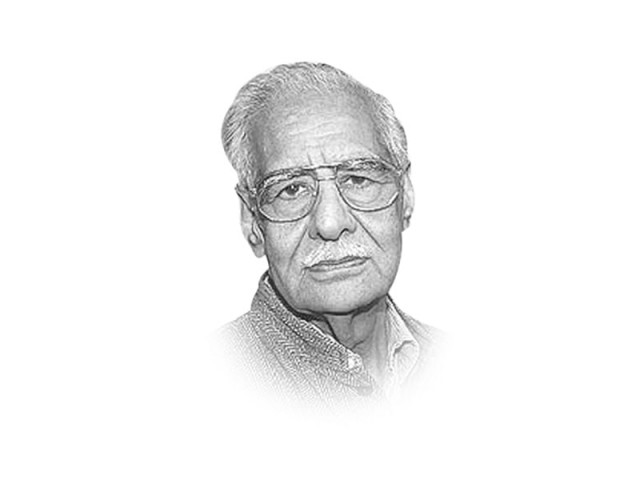Prisoners on the other side of the border
Pakistan’s Supreme Court should make an appeal for the release of Dr Chisty similar to the one made for Gopal Das.

However, the good news is that a team of senior judges from India and Pakistan has been revived to conduct a search in both the countries for such prisoners. I wonder if the judicial team can make a difference.
However, the good news is that a team of senior judges from India and Pakistan has been revived to conduct a search in both the countries. The team will spot prisoners in the two countries who have finished their terms and still rot in jails. I wonder if the judicial team can make the difference because the governments on both sides are too inhuman. In fact, both get more dehumanised when it comes to dealing with persons from across the border.
The case I have in view is that of Dr Syed Mohammad Khaleel Chisty, once an active professor of virology in Karachi. He had gone to Ajmer in 1992 to look after his ailing mother, when he was arrested after a dispute. My inquiry reveals that he was falsely implicated. The trial took 19 years, after which he was finally convicted and sentenced to life imprisonment in January 2011.
Dr Chisty was on bail for 19 years and there is not even iota of violation of bail. The High Court judge who sentenced him to life imprisonment commented: While I appreciate that he never violated the law in the 19 years of being on bail in India, but since he is a Pakistani we cannot show leniency. Strange, the judge should make such a comment. The result is that Dr Chisty has to serve another 16 years of sentence after the end of a trial that has taken 19 long years. How is he at fault?
I, along with Mahesh Bhatt, a well-known personality in the cine world, met Rajasthan governor Shivraj Patil and cited him the example of Pakistan. When the Indian Supreme Court made an appeal last month to Pakistan for the release of Gopal Das, an Indian citizen who had been in prison in Pakistan for the last 27 years, he was set free. Maybe Pakistan’s Supreme Court should make a similar appeal for the release of Dr Chisty.
The Rajasthan governor has promised us an early action. Even then the process will take at least one month, if not more. Yet, I am not certain about the outcome. But I have before me a letter which his daughter, Amna Chisty, has written. Her’s is a poignant appeal for the immediate release of her father.
She writes: At this point we are afraid for his life. My mother who has lost her hearing does not know that her husband is in prison. Every day my sister pretends she is talking to my father on the phone to assure her that he is ok. The last time my sister was able to talk to my father was when a phone call was facilitated by officials from Pakistan’s High Commission who went to visit him in prison after learning about his case. Every day we fear for the worst, for how long can a frail old man survive without any hope on a prison hospital bed?
I do not know why even basic ethical values become dim when bureaucrats of India and Pakistan deal with each other. Their hostility and that of their bosses has worsened the relationship. One has only to hear the name of the other country, and prejudice and mistrust wells up.
They must realise they cannot supplant natural friendly feelings with hatred. And one day bureaucrats, too, would realise that there is no option but peace between India and Pakistan.
Published in The Express Tribune, May 10th, 2011.














COMMENTS
Comments are moderated and generally will be posted if they are on-topic and not abusive.
For more information, please see our Comments FAQ